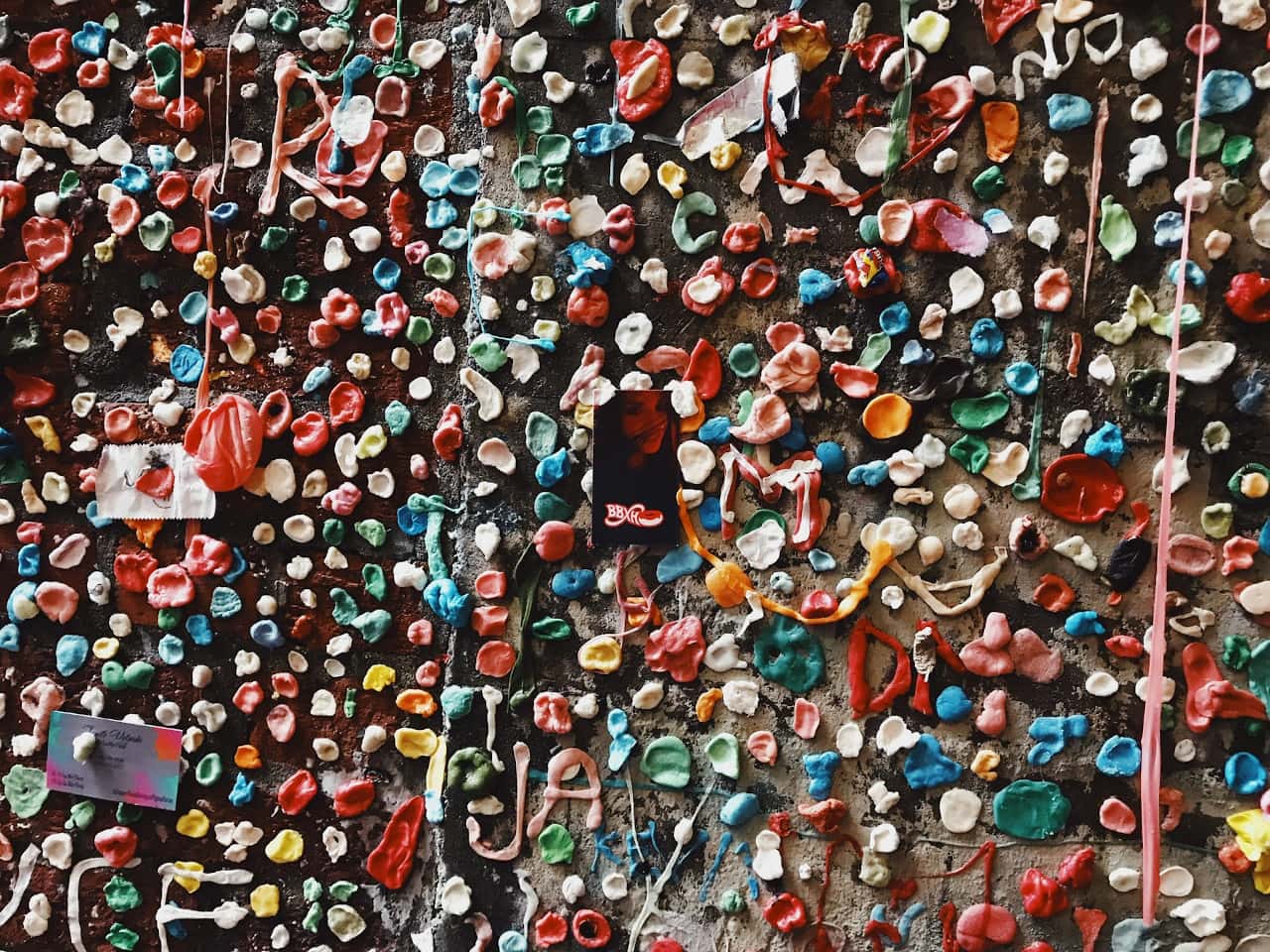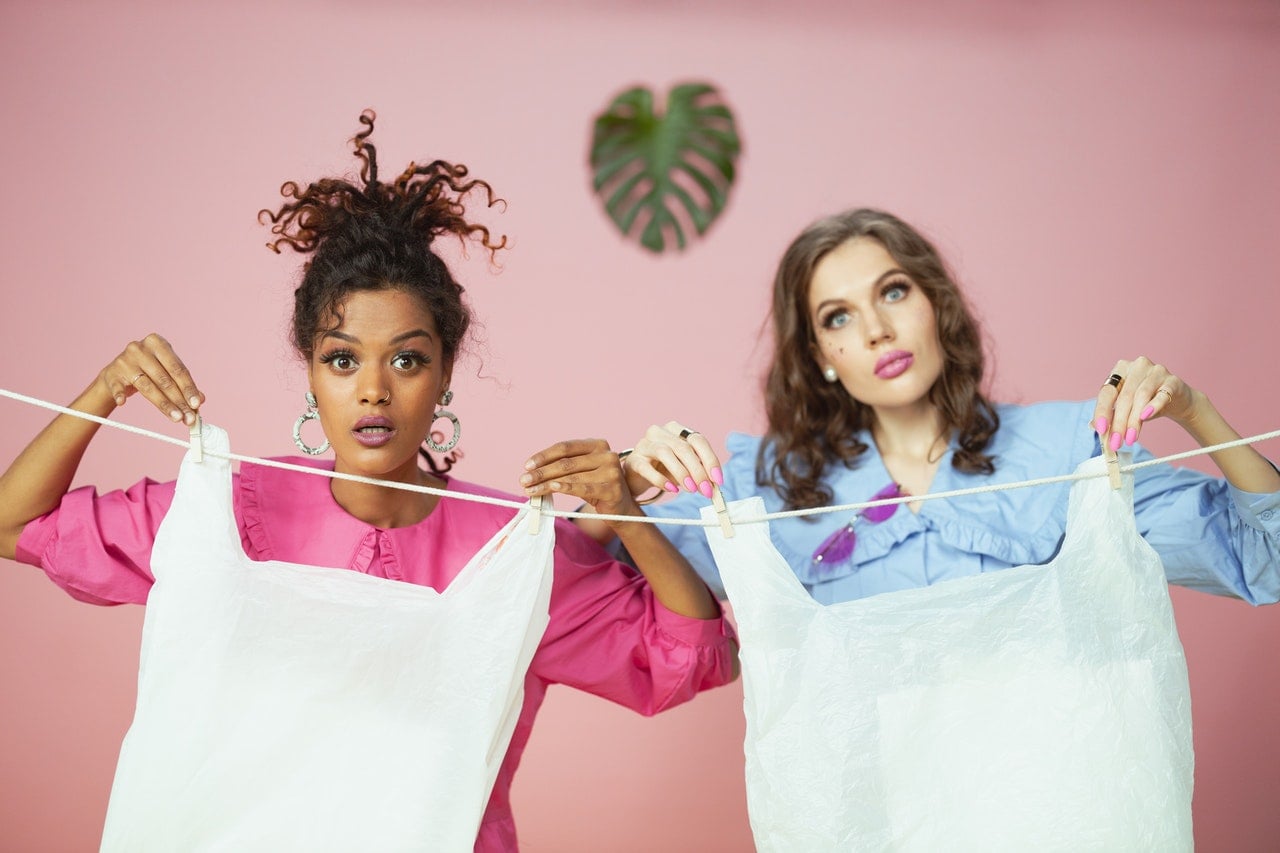
The global warming crisis is on the rise, and if we don’t meet the planet’s environmental demands right now, there might not be a tomorrow.
Even seemingly innocuous activities can make a difference on the planet.
Nation and individual efforts must be more coordinated to stop the globe warming.
These seemingly insignificant things can be detrimental to the environment, but they are easy to eliminate. These are the most common.
1. Don’t eat too much beef

Consuming too much beef can cause environmental damage. Research shows that eating too much beef can cause damage to the environment. 30% of all greenhouse gassesMostly, they come from the agricultural sector, with beef production ranking high.
Although beef is a popular choice, global warming is caused mainly by beef production.
The more meat we eat, the more our planet must deal with ruminant animals that release tons of methane into our atmosphere, further speeding climate change.
Ruminant animals like cows Release 250-500 liters methane gas daily. The figure is set to increase influenced by the animal’s feed intake and feed processing.
Switching to plant-based proteins and meats can reduce dependence on beef and drive down demand. It also reduces greenhouse gas emissions and helps to combat climate change.
2. Driving solo to malls and other locations
We all know that driving alone can lead to environmental problems like carbon dioxide and smog. It has been suggested that carpooling can be used to reduce the number and cost of vehicles needed by travelers. This will result in a reduction in energy consumption, emissions, congestion mitigation, as well as a decrease in parking infrastructure demand.
There are also many benefits for society, such as a decrease in car dependence. This means that people will be more inclined not to drive alone but to travel with others.
Furthermore, cycling is a form of transport that does away with the need for fuel. We can all help to protect the environment by cycling. Start cycling.
However, with the Covid-19 pandemic still spreading, carpooling might have to wait until it’s over to avoid new outbreaks of the disease.
However, it’s not too late to change. Walking can be part of your exercise routine. So, leave the car at home, park away further from where you’re going, and walk the rest of the way.
3. Chewing gum

Walk anywhere in cities, towns, sidewalks, and classrooms, and you’ll probably encounter stuck chewing gum – a common problem linked to environmental degradation.
Why?
Chewing gum is not biodegradable. It is mostly made of waxes, polymers, and softeners. Indeed, chewing gum is the second most common litter after cigarette butts, and it’s also unsightly and cumbersome to remove.
For instance, in preparing for the 2012 London Olympics, the city’s cleanup team spent at least three months scraping chewing gum from streets using steam.
There is a way out. If you don’t wish to give up gum-chewing but still want to protect the environment, switch to biodegradable gums. They use biodegradable materials such as Rev7, which dissolves in water and is 30% easier to remove from clothes, benches, and sidewalks.
Other small, but still harmful habits that can be detrimental to the environment

They include:
- You can reuse paper napkins once and throw them away. – Instead of using paper napkins, use cloth napkins which you can easily fold up when not in use, or handkerchiefs.
- While brushing your teeth, leave the tap on. – Try turning off the tap while doing so instead of keeping it running. Fill the sink with water before you brush your teeth.
- Plastic bags – Avoid using them as much as possible and try to use cheap reusable shopping bags instead. Never forget to bring yours or avoid buying something that can’t fit in your pockets, like fruits and vegetables, which you can easily carry around in your hands.
- Don’t be thirsty – Always carry a Water bottleBring it with you and use it to fill up any empty spaces.
- Going hungry – If you’re really on the go, pack some snacks like fruits and vegetables for that hunger pang, especially when you know it’ll take more than an hour for you to get food.
- Reuse paper cups/plates and toss them away – If you’re hosting a party or having guests, avoid using disposable plates and just use your own.
- Littering – The least you could do when you go out is take your trash with you when you leave. It’s just common courtesy to not litter and add to Mother Earth’s toxic state.
Summary
If everyone does their part, we can all make a difference together and save Mother Earth.
Global warming is very real, and it’s high time we started doing something about it!
You can help save the planet by not doing these things. It is our only home.
Leave a comment below to let us all know which others you think should be on this page.
Solar power can help you save money. Calculate your savings.

